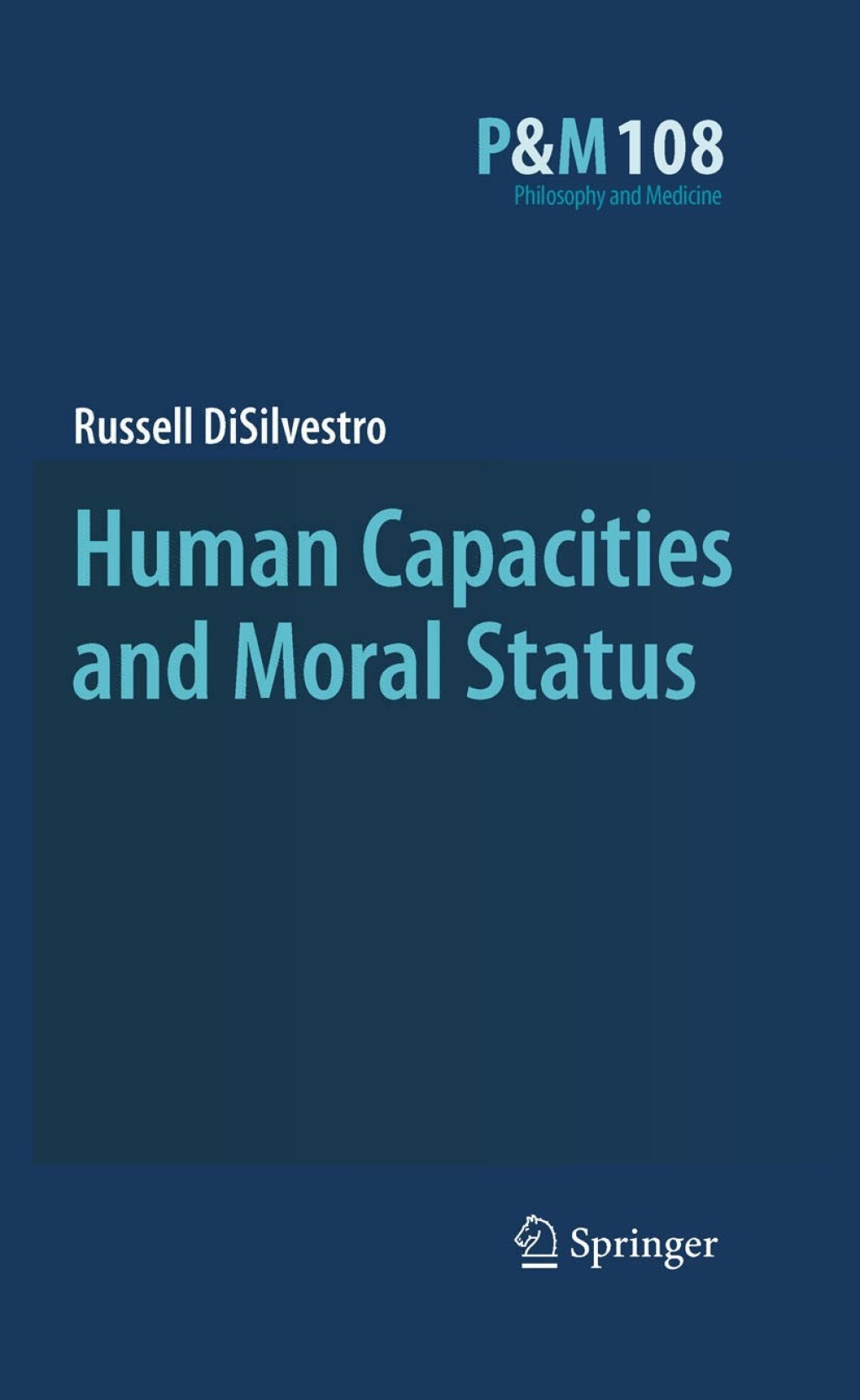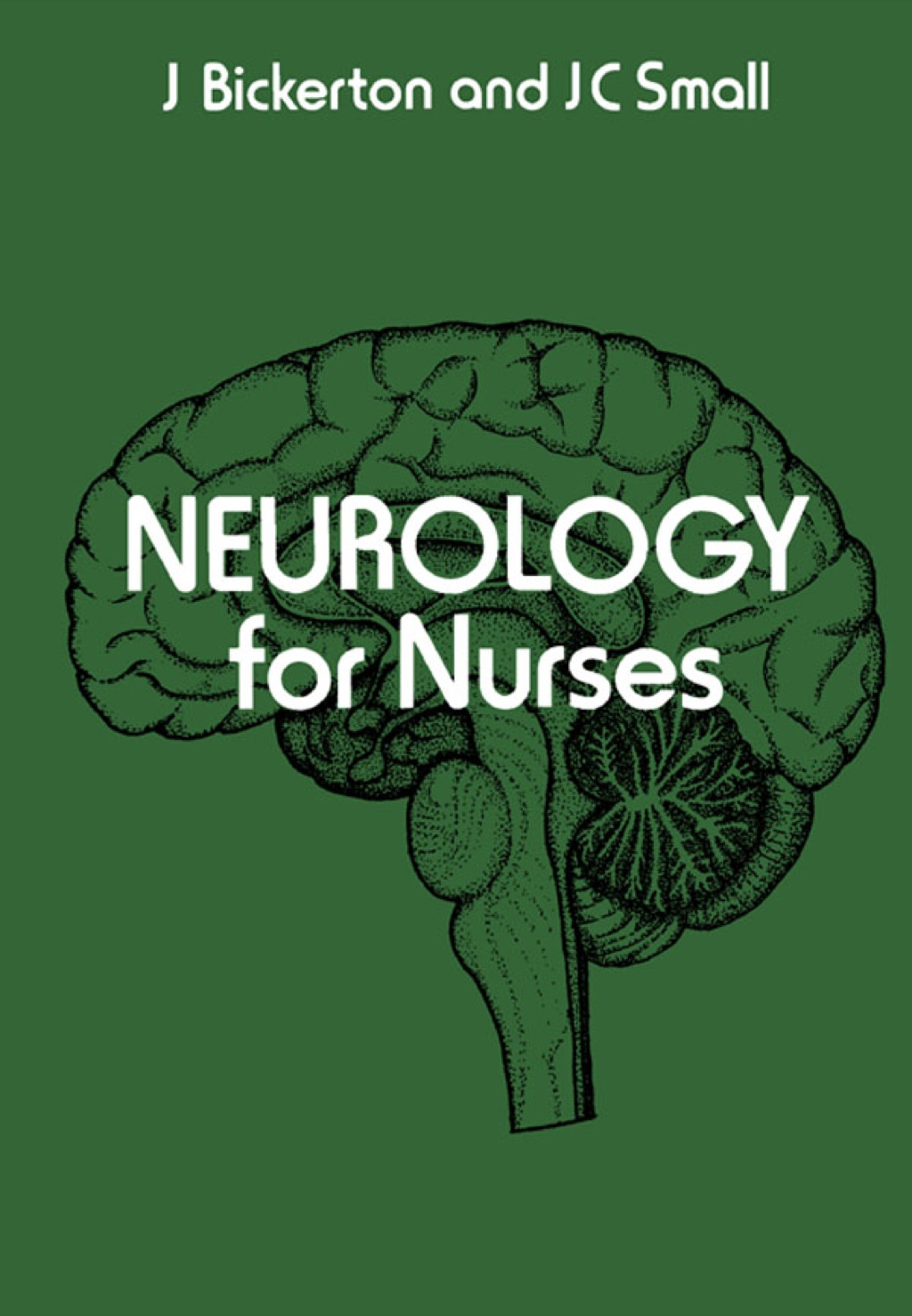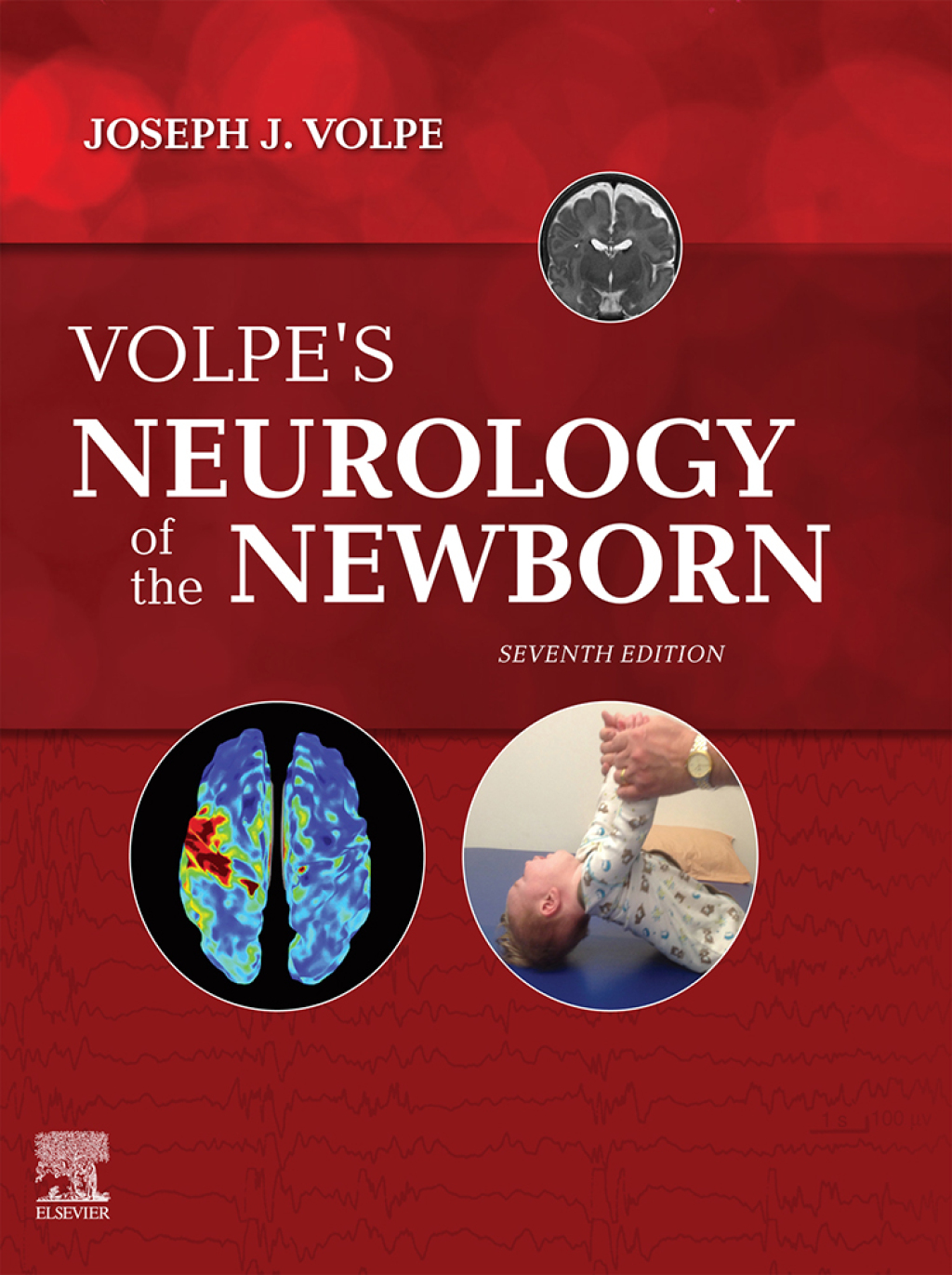Many debates about the moral status of thingsâ€â€for example, debates about the natural rights of human fetuses or nonhuman animalsâ€â€eventually migrate towards a discussion of the capacities of the things in questionâ€â€for example, their capacities to feel pain, think, or love. Yet the move towards capacities is often controversial: if a human’s capacities are the basis of its moral status, how could a human having lesser capacities than you and I have the same “serious” moral status as you and I? This book answers this question by arguing that if something is human, it has a set of typical human capacities; that if something has a set of typical human capacities, it has serious moral status; and thus all human beings have the same sort of serious moral status as you and I. Beginning from what our common intuitions tell us about situations involving “temporary incapacitation”â€â€where a human organism has, then loses, then regains a certain capacityâ€â€this book argues for substantive conclusions regarding human fetuses and embryos, humans in a permanent vegetative state, humans suffering from brain diseases, and humans born with genetic disorders. Since these conclusions must have some impact on our ongoing moral and political debates about the proper treatment of such humans, this book will be useful to professionals and students in philosophy, bioethics, law, medicine, and public policy.
“Volpe’s Neurology of the Newborn 7th Edition” has been added to your cart. View cart
Human Capacities and Moral Status
Author(s): Russell DiSilvestro
Publisher: Springer
ISBN: 9789048185368
Edition:
$39,99
Delivery: This can be downloaded Immediately after purchasing.
Version: Only PDF Version.
Compatible Devices: Can be read on any device (Kindle, NOOK, Android/IOS devices, Windows, MAC)
Quality: High Quality. No missing contents. Printable
Recommended Software: Check here










